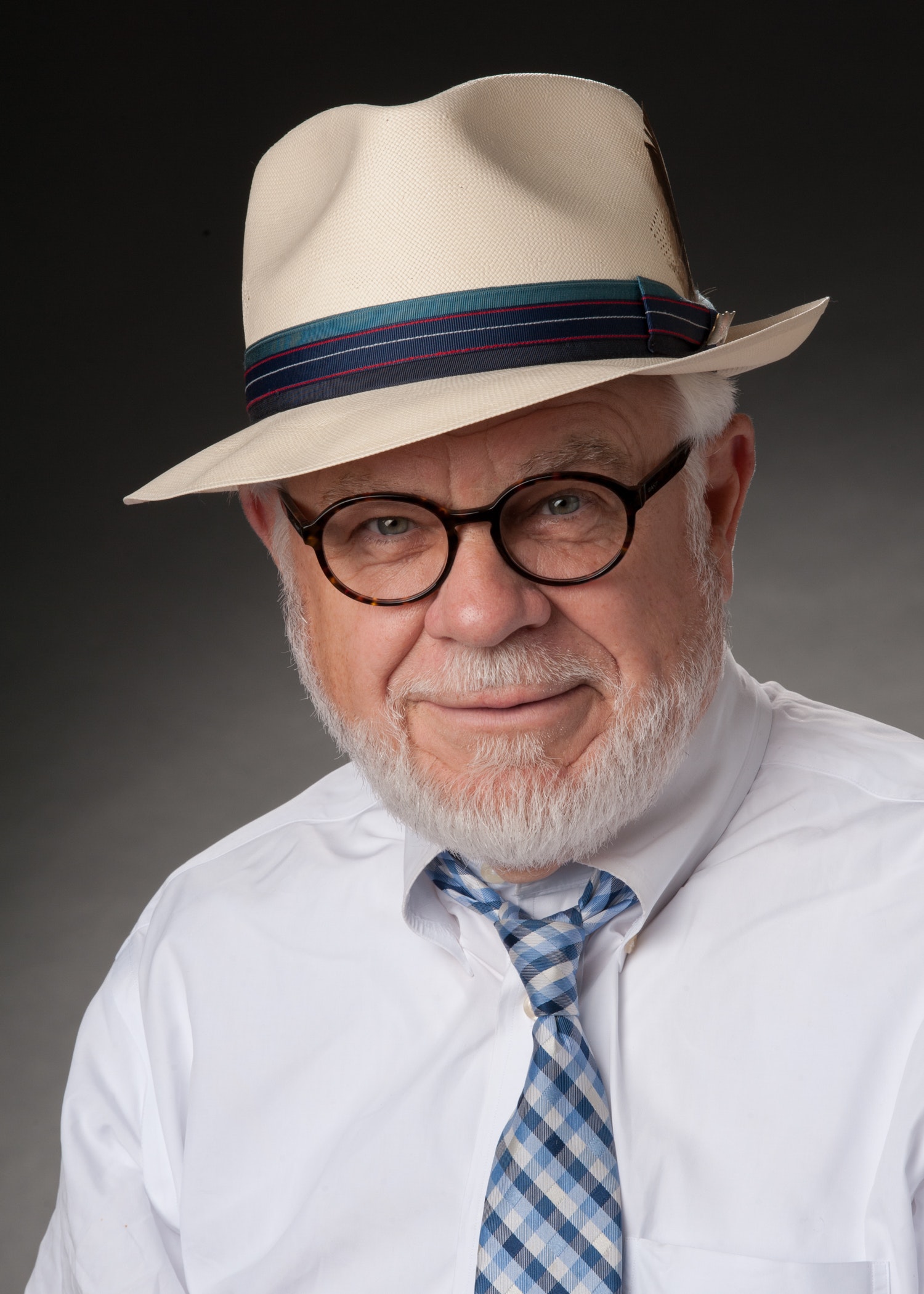It was a campaign of contrasts.
One announced for mayor on the porch of a Southern antebellum-looking house on a small lot in Highlands. The other held his announcement in the chapel of a family-owned funeral home in the heart of Allendale.
One announced early in the campaign season his intentions to become mayor. The other played cat-and-mouse with the media and announced very near the filing deadline.
One had his campaign headquarters in a well-anointed office in a thriving Line Avenue strip center. The other had a barebones headquarters in an abandoned old building on Youree Drive.
One candidate pitched his ball to all of Shreveport. The other focused on constituents who matched his skin color.
One candidate's platform had many issues. The other played a "crime, crime, crime" broken record as his main theme.
One candidate has a strong knowledge of Shreveport government. The other has a veteran understanding of the state legislature.
One candidate has lived in the Shreveport city limits for many, many years. The other has lived in the parish for the same time interval.
One candidate had the endorsement of three former Shreveport mayors and a former police chief. The other had one mayor's endorsement and the state's government.
One candidate had a diverse campaign cabinet. The other was a one-man show on campaign decision-making.
One candidate has a history of restoring blighted property, while the other owns several blighted properties.
One candidate has been very active in Shreveport civic activities for many years; the other not so.
The day before the election, one candidate promised that if he won, he would be working on the transition on Monday. The other said he would be on a trip with his wife if he won on the Monday after the election.
Campaign donations for one candidate were approximately 80 percent from local donors. The other candidate raked in approximately 50 percent of his campaign contributions from south of I-10.
One candidate did not have any political enemies from his prior public service. The other candidate had two (or more) political enemies.
One candidate was not a salaried public official during the campaign; the other received a state paycheck during his campaign run.
One candidate's run-off watch party had a large cast of people under 65 with approximately 25 percent of African American descent. The other watch party resembled a senior citizen gathering of African American "old folks" at a retirement home.
Saturday night was one of rejoicing for one candidate and his supporters. For the other candidate, it was one of despair.
These contrasts probably were important in the victory by Tom Arceneaux. "Probably" is the key word because the hearts and minds of voters are really secretive once they enter the voting booth.
